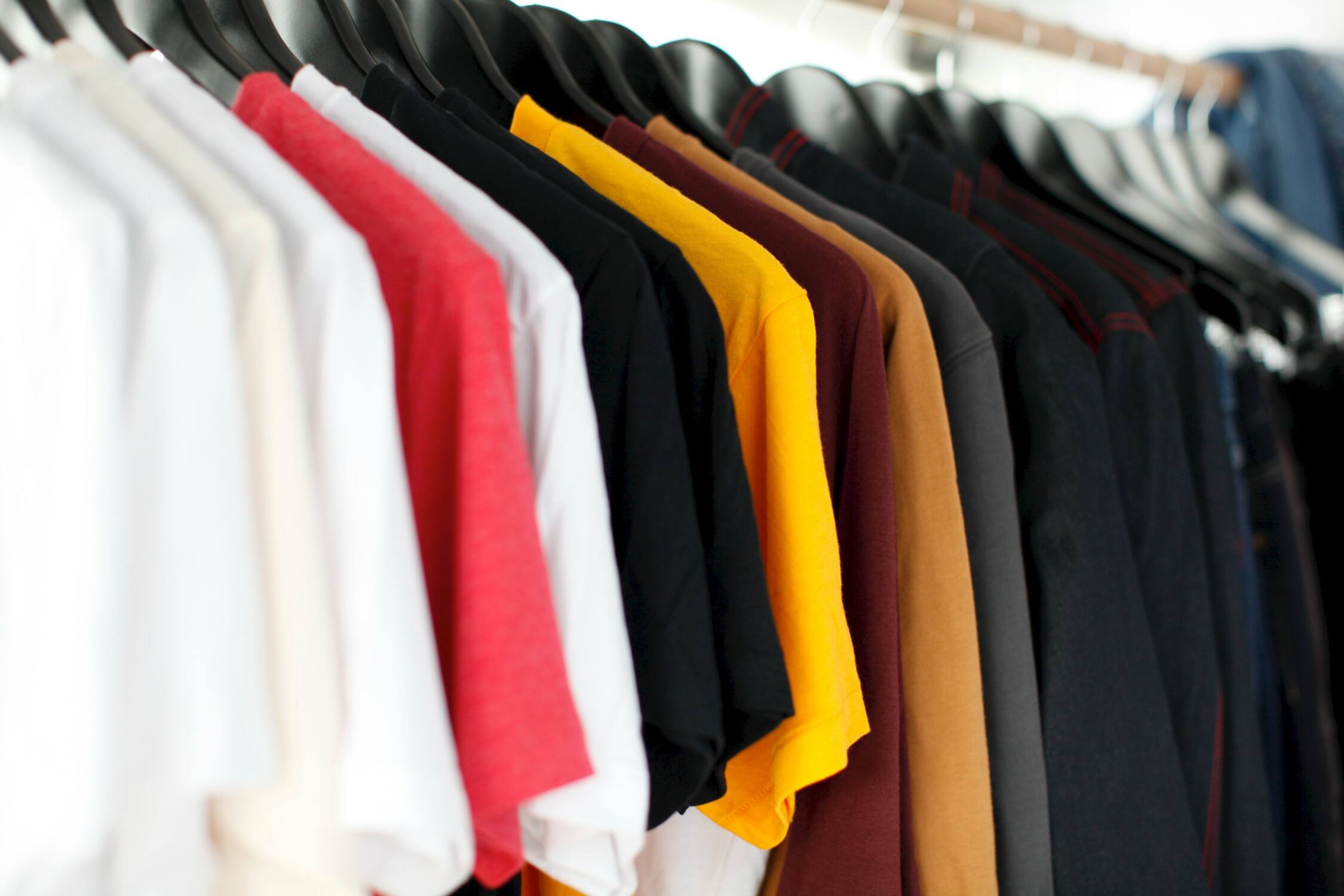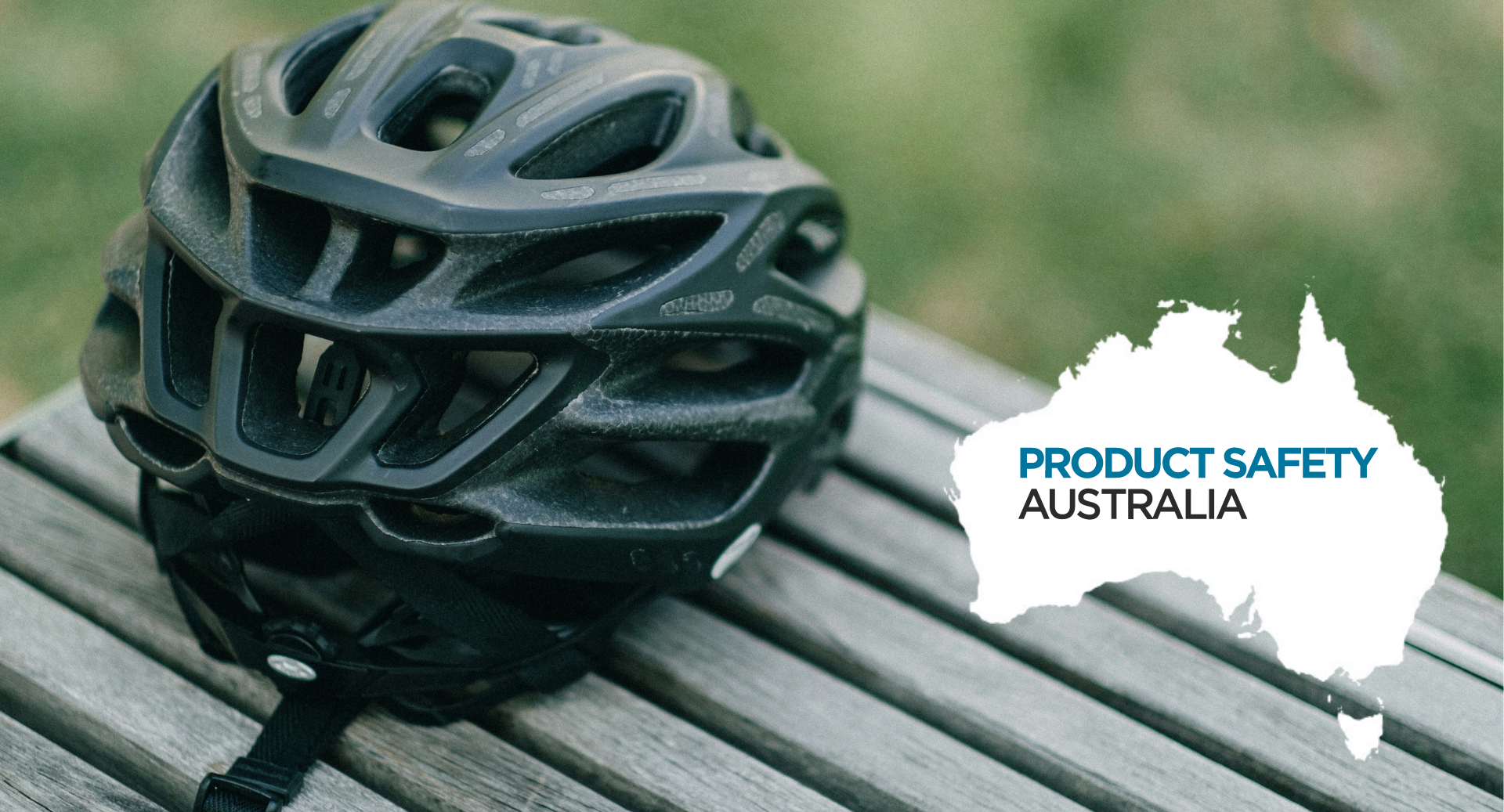
In an era defined by consumer expectations for quality and safety, third-party softline product testing has emerged as an indispensable aspect of the manufacturing process. Softline products, including textiles, apparel, fashion accessories, leather goods, and home textiles, touch every facet of our lives. This article explores the pivotal role that third-party labs play in enhancing quality and ensuring compliance across various segments of the softline industry.
Ready to start testing your softline products? Submit a test to ACT LAB today to learn more about our 3rd-party testing services.
What are softline goods?
Softline goods refer to a category of consumer products that are typically made from soft materials such as fabrics, textiles, and other pliable materials. These goods are designed to provide comfort, aesthetic appeal, and functionality in various aspects of our daily lives. Softline goods encompass a wide range of products, including but not limited to:
- Textiles and Apparel: This includes clothing, bed linens, towels, and other fabric-based products that come into direct contact with the body. Textiles and apparel are meant to provide comfort, protection, and style.
- Fashion Accessories: These are items that complement and enhance an individual’s outfit, such as handbags, scarves, belts, hats, gloves, and more. Fashion accessories often add a touch of personal style to an ensemble.
- Leather Goods: Products made from leather, such as shoes, bags, wallets, and belts, fall under this category. Leather goods are known for their durability, luxury, and classic appeal.
- Home Textiles: These products are used within the home to enhance comfort and aesthetics. Home textiles include items like curtains, drapes, upholstery fabrics, bedspreads, and decorative cushions.
Softline goods are an integral part of modern living, touching various aspects of our daily routines and personal preferences. Due to their soft and flexible nature, these products often require specialized manufacturing processes and quality control measures to ensure they meet consumer expectations for comfort, durability, safety, and appearance. As a result, softline product testing, as mentioned in the previous articles, is crucial to ensure these products perform as intended and adhere to industry standards.
Why 3rd-Party Testing of Softline Goods Matters
Third-party testing brings an objective and unbiased perspective to the quality assurance process. Independent labs operate outside the sphere of the manufacturer, eliminating potential conflicts of interest and ensuring the utmost accuracy and integrity in the evaluation process of softline goods. This objectivity lends credibility to product claims, enabling manufacturers to instill confidence in consumers and regulatory bodies alike.
Textiles and Apparel
Textiles and apparel are staples of modern life, and their quality directly impacts consumer satisfaction. Third-party labs meticulously test these products for factors such as fabric strength, colorfastness, dimensional stability, and abrasion resistance. By simulating real-world usage scenarios, these tests determine the products’ ability to withstand wear and tear. Flame resistance is also a critical consideration, especially for products intended for children. Third-party testing ensures that softline products adhere to industry standards, regulations, and safety protocols.
Fashion and Accessories
Fashion accessories are not just about style; they must also meet functional and durability expectations. Third-party testing scrutinizes the materials, hardware, stitching, and overall construction of accessories such as handbags, belts, and scarves. These assessments ensure that these items can endure the rigors of daily use. Furthermore, colorfastness tests prevent undesirable dye bleeding, ensuring both product longevity and consumer satisfaction.
Leather
Leather goods embody elegance and sophistication. However, the quality of leather extends beyond appearance. Third-party labs conduct comprehensive tests on leather products, assessing factors like tensile strength, flexibility, and resistance to tearing. Additionally, these labs evaluate the potential for allergens and harmful substances. This thorough examination guarantees that leather products meet both functional and safety criteria.
Home Textiles
Home textiles, ranging from bedding to upholstery, influence our daily comfort. Third-party testing in this category evaluates pilling resistance, seam strength, and shrinkage. Colorfastness assessments ensure that fabrics maintain their vibrancy over time. Flame resistance tests are essential for safety in products like curtains and upholstery. Third-party labs empower manufacturers to deliver home textiles that combine comfort with stringent safety standards.
About ACT-LAB
ACT-LAB is an ISO/IEC 17025 accredited laboratory that conducts consumer product safety and compliance testing for an active world. We can help ensure that your products both meet industry standards and are inspected to ensure the utmost quality.
To learn more about our tests contact us today.
Read more about our accreditations here.
 ISO/IEC 17025 Accredited Independent Testing Laboratory
ISO/IEC 17025 Accredited Independent Testing Laboratory








